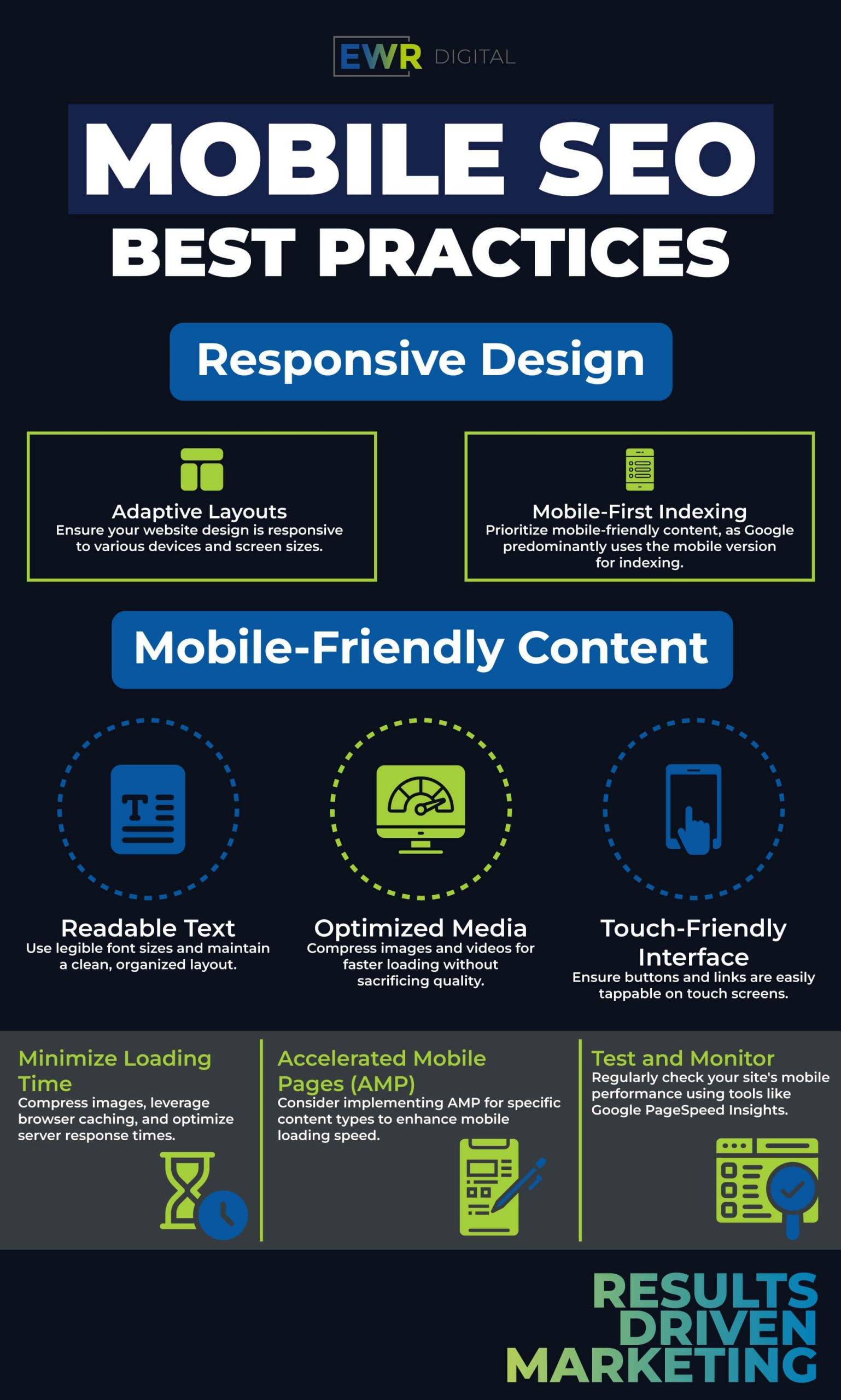
User-First SEO: Prioritizing User Experience for Higher Rankings
In the ever-evolving landscape of search engine optimization (SEO), one principle stands out as paramount—prioritizing user experience. As search engines increasingly emphasize user-centric factors, optimizing your website for users becomes not just a good practice but a strategic necessity. In this article, we’ll explore the significance of user-first SEO and provide insights into ethical strategies that can lead to higher rankings.
Understanding User-First SEO
User-first SEO is a philosophy that places the user at the center of all optimization efforts. It goes beyond traditional SEO tactics and focuses on creating a seamless, enjoyable experience for website visitors. Search engines, such as Google, increasingly use user experience signals as ranking factors, making it essential for website owners and marketers to align their strategies accordingly.
The Impact on Search Rankings
- Page Loading Speed: A slow-loading website frustrates users and can lead to high bounce rates. Prioritizing fast page loading speeds not only improves user experience but also positively influences search engine rankings.
- Mobile Responsiveness: With the majority of internet users accessing websites on mobile devices, ensuring mobile responsiveness is critical. Mobile-friendly websites are more likely to rank higher in mobile search results.
- Quality Content: User-first SEO emphasizes the creation of high-quality, relevant content that addresses user queries. Search engines reward websites that provide valuable information to users.
Ethical Strategies for User-First SEO
- Intuitive Navigation: Design your website with intuitive navigation to enhance the user’s ability to find information easily. Clear menus and a logical site structure contribute to a positive user experience.
- Engaging Multimedia: Incorporate engaging multimedia elements, such as images and videos, to make your content more appealing and informative. Optimize multimedia for faster loading times.
- Accessible Design: Ensure that your website is accessible to users of all abilities. This includes providing alt text for images, using descriptive link text, and considering color contrasts for better readability.
Measuring Success: Beyond Rankings
- Reduced Bounce Rates: A user-friendly website tends to have lower bounce rates, indicating that visitors find the content valuable and are more likely to explore multiple pages.
- Increased Dwell Time: Dwell time, the amount of time a user spends on your site, is a key metric for search engines. Quality content and a positive user experience contribute to longer dwell times.
- Improved Conversion Rates: A website optimized for users is more likely to convert visitors into customers. Positive user experiences can lead to higher conversion rates and increased customer satisfaction.
Conclusion: Elevating Your SEO Strategy
In the world of SEO, the user is king. Prioritizing user experience not only aligns with ethical SEO practices but also serves as a foundation for higher search engine rankings. As you optimize your website, remember that success in SEO goes hand in hand with creating a positive, user-centric online environment.

